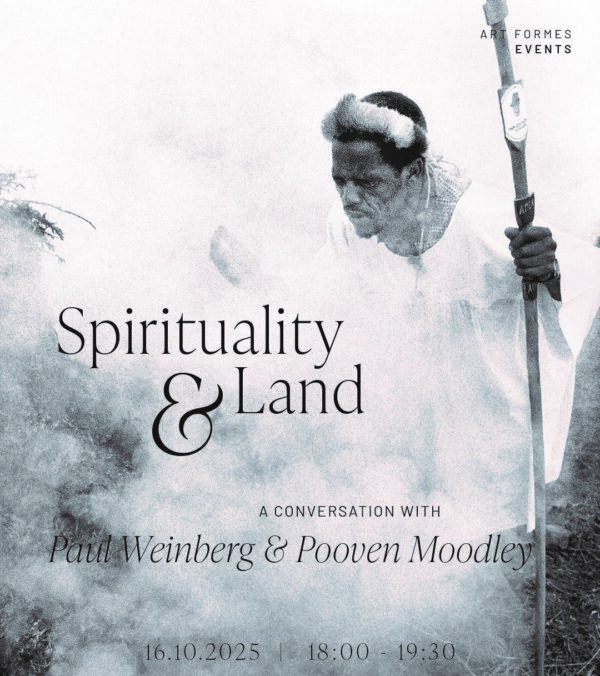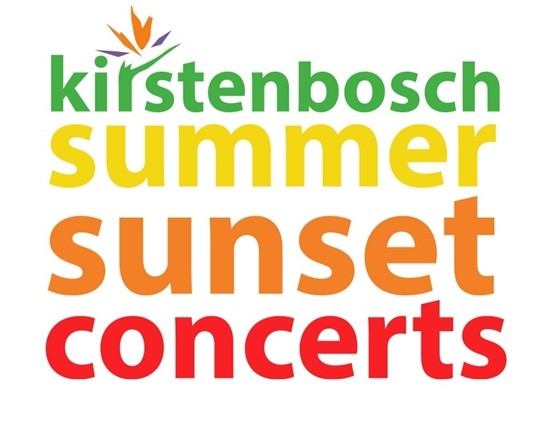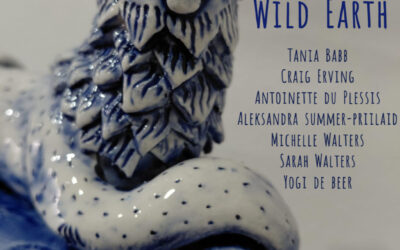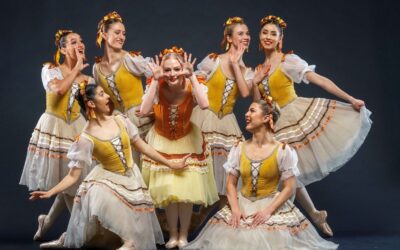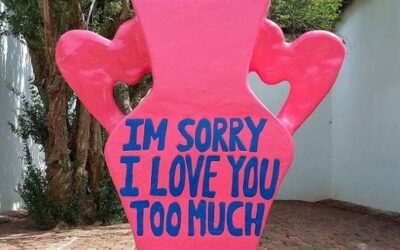August sees the return to Cape Town of the Africa World Documentary Film Festival (AWDFF). Now in its third year, the Cape Town leg will screen short- and feature-length documentaries between 1 and 8 August.
Internationally the AWDFF has been running for eight years. It promotes the knowledge, life and culture of African people across the world through the art of documentary filmmaking. It is also interested in those who have settled in Africa.
Based at the University of Missouri (USA), AWDFF screens films in cities across the USA, the UK, and the Caribbean. It has African partners at universities in Legon (Ghana), Lagos (Nigeria), and Yaoundé (Cameroon).
In Cape Town its primary partner is the English Department of the University of the Western Cape, which in turn combines with the District Six Museum Homecoming Centre (D6M) and Cinemuse to show films in Bellville, central Cape Town and Stellenbosch respectively. Some films will be screened at different venues on different days.
What is ‘African’ about the films on show?
The Cape Town selection panel has interpreted the term broadly to include: films about African topics made by people living in Africa who self-identify as African; films made by people in the African diaspora, but not about Africa; films made by people who do not identify as African about people in the African diaspora and Africa-related topics.
The majority of films shown over the last two years and that have a film-maker based in Africa, have been international collaborations/partnerships. Very few of them are ‘pure’ African films. Our broad interpretation invites two simple questions with an abundance of answers: who speaks for Africa, and how?
In offering our selection to Cape Town audiences, a city which some regard as the least African in South Africa, we provide a platform for that debate, and show how in content and narrative techniques documentary films clarify and complicate the answers.
What can audiences expect?
The festival of feature-length films opens at 14.00 on Saturday 1 August at the District Six Museum – Homecoming Centre (D6M).
14h30 – 14h50: LAND OF DANCE (17 minutes) / Idrissa Camara. Dancing is part of our identity, it’s part of who we are, how we express ourselves. Fara Ta – Land of Dance is a first attempt to document some of the dance practices in Guinea, West Africa and pose the question on what is meant by “traditional” African-dance. The film maker went back to Guinea to record the urban and village dance practices. Wales, the film maker’s new home country is often called the “Land of Song,” so then surely Guinea must be “the land of Dance!” (See featured photo)
15h00 – 16h30: LIFE IN PROGRESS (99 minutes) / Irene Loebell
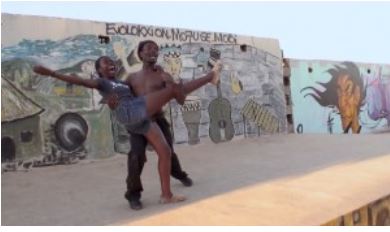
Life in Progress
Life in Progress is about members of a Katlehong dance group Taxido: Jerry, founder, choreographer and manager of the troupe; Seipati, 18, lives with her overburdened grandmother and is proud of the trophies she has received as the group’s dancing queen; Venter, 19, is relieved that dancing keeps him from the wrong path; ladies’ man, Tshidiso, 20, always on the phone dealing with one of his eleven girlfriends, conquers not only girls but also Taxido audiences with his charm. Cinemuse will also screen this film on 3 August.
UWC’s short film programme begins on Monday 3 August with Maestra (33m, Cuba). Many people in the Caribbean are descended from slaves captured in Africa. In 1961, 250,000 volunteers taught 700,000 people to read and write in one year. 100,000 of the teachers were under 18 years old, and over half were women. The documentary explores this story through testimonies of the young women who went out to teach literacy in rural communities – and were transformed in the process. Here, where adult literacy rates are low and adult basic education and training suffers neglect, this Cuban story offers policy makers and practitioners an inspiring example.
INFO: General information about AWDFF visit
Catch the Cape Town films at
UWC campus, Robert Sobukwe Rd, Bellville Ι District Six Museum Homecoming Centre, 15 Buitenkant Street Ι Cinemuse, 5 Ryneveld Street, Stellenbosch
e nudity.


